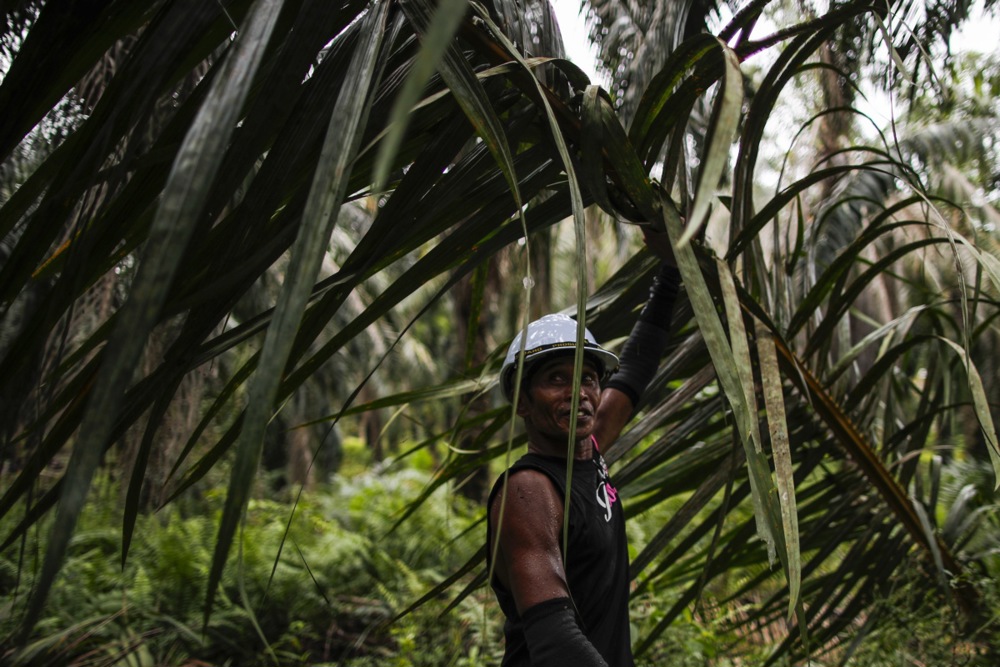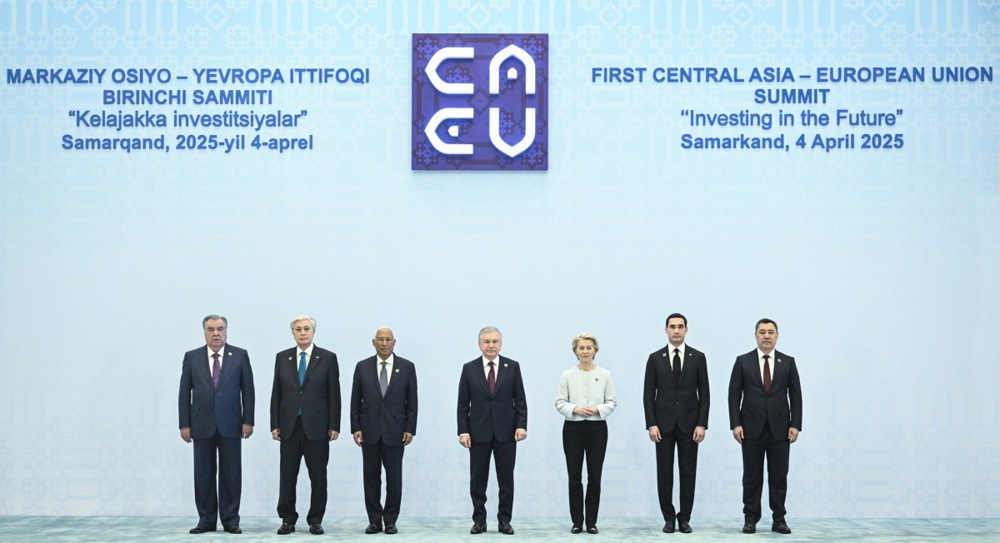The US may have been first to strike a minerals deal with Ukraine, but the real goal is a deal with Europe, Kyiv has said.
“We look at the US deal as a reconstruction point with the US, not a monopoly,” said Yegor Perelygin, Ukraine’s deputy natural resources minister, speaking remotely at a Brussels conference on May 15.
“If we could have a similar path with the EU, that would be very good. The real aim is to align with the EU,” he added.
Perelygin emphasised Kyiv was working “very hard” to bring its legal framework and technical standards in line with the EU’s, with the long-term objective of creating “one common space in terms of mining, processing and use of final products”.
His comments followed soon after Ukraine and the United States signed two additional agreements to operationalise their April 30 critical minerals cooperation accord.
According to Ukraine’s finance ministry, the May 13 agreement formally launched a joint Reconstruction Investment Fund, which Kyiv and Washington will jointly manage under an equal partnership model.
The agreement gives the US preferred access to Ukrainian reserves of lithium, titanium and other minerals vital to aerospace, defence and green energy industries.
Belgian Renew MEP Yvan Verougstraete earlier this month described the deal as a foundation for Ukraine’s economic revival, but noted much would depend on Kyiv’s long-term regulatory alignment with Europe.
For Perelygin, the US partnership remained instrumental but insufficient.
“Partnership secures a certain relationship with the US, a political dialogue,” he said.
He added Ukraine has compiled a joint priority list of “strategic and critical” minerals, including titanium and uranium, for both its European and North American partners.
Ukrainian media reported the country’s Parliament ratified the agreement and approved first-reading budget changes for the fund’s implementation just ahead of the Brussels event.
For the United States, the deal was part of a broader effort to reduce dependence on Chinese mineral supply chains.
As reported by Mining.com, Washington saw Ukraine’s untapped reserves as a potential hedge against China’s control of rare earths and refined lithium markets.
However, execution challenges remained, including Soviet-era geological data, limited infrastructure, and investor concerns about legal uncertainties and active conflict in parts of the country.
Approximately 40 per cent of Ukraine’s known mineral reserves were in Russian-occupied territory.
According to Mining.com, access to those resources may ultimately depend on broader peace talks—talks which saw little progress this week.
Russian President Vladimir Putin did not attend planned negotiations in Ankara on May 15, despite earlier signals he may have done.
Ukrainian President Volodymyr Zelensky agreed to send his defence minister instead, while expressing doubt over Russia’s intentions, the BBC reported.
The Kremlin for its part opted to send a lower-level delegation.
The Financial Times reported May 14 the main bottleneck for Ukraine’s critical minerals was not in extraction, but refining—an area still dominated globally by China.
Ukraine held 5 per cent of the world’s rare earths and among the largest deposits of lithium and titanium in Europe. But those materials could not reach Western supply chains without substantial processing capacity and investment.
Analysts cited by the US Department of Energy estimated it may take three to five years to modernise Ukraine’s geological survey database, assuming the conflict did not escalate further.
Beijing currently refined more than 60 per cent of the world’s lithium, 80 per cent of rare earth elements, and close to 90 per cent per cent of rare earths used in high-tech manufacturing.
As the FT noted, even the US’s only rare earth mine at Mountain Pass has historically sent up to 80 per cent of its output to China for processing—underscoring the extent of Western dependency.
Perelygin acknowledged these constraints, noting Ukraine had “lost a lot of our processing capacity” and “market inefficiencies are also a big issue.”
He added China’s control of such a significant part of the supply was an even bigger issue for Ukraine than for other countries, given Ukraine’s position in the minerals industry.





